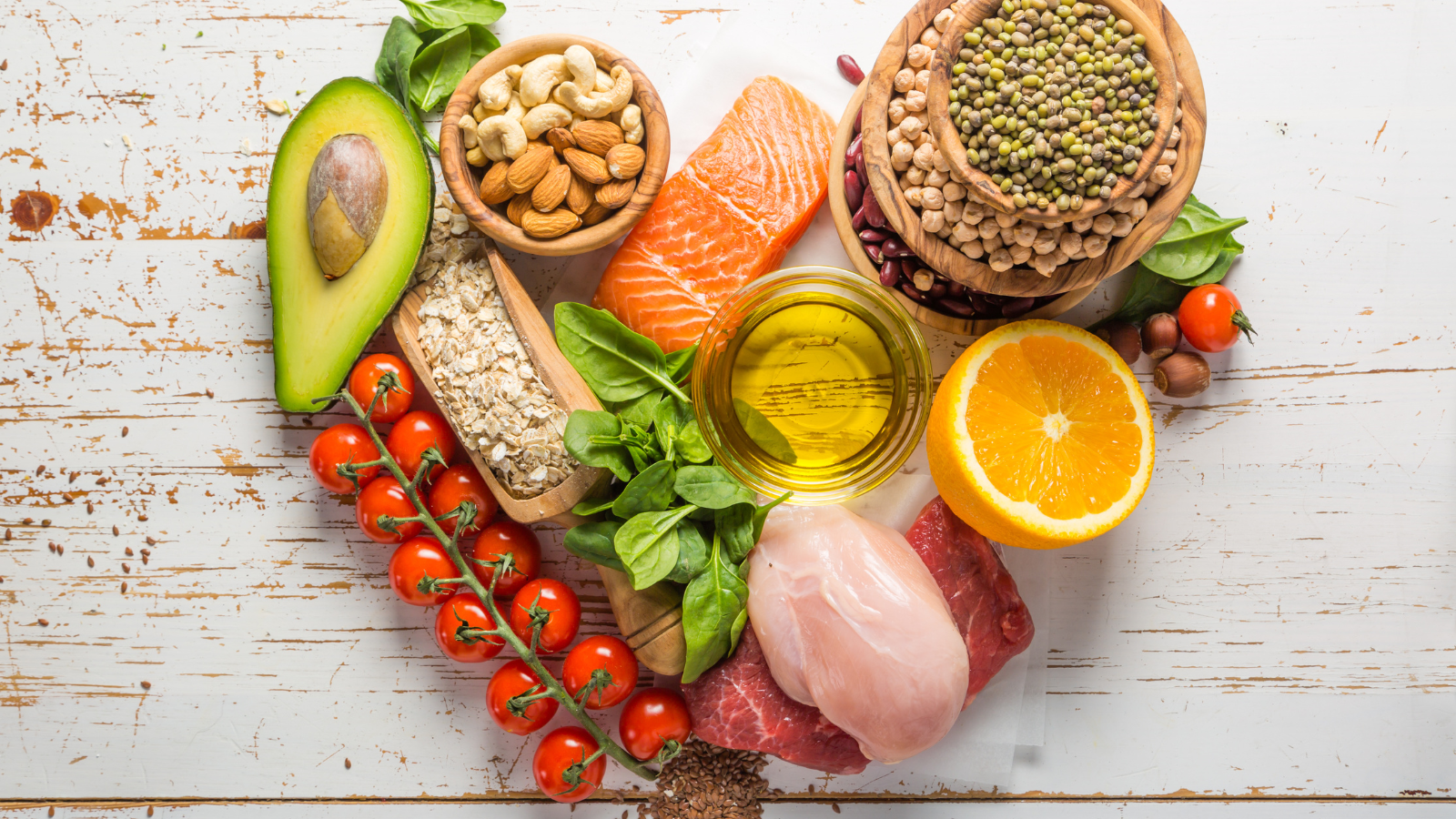Maintaining a balanced and heart-healthy diet can sometimes feel like an uphill battle in today’s world, where convenience often trumps health, but with heart disease being the #1 cause of death worldwide, it is important to know how you can protect yourself. By making informed choices about the foods you eat, you can significantly reduce your risk of heart disease.
Here are five things you can do to keep your heart healthy:
1.) Aim for Fresh, Whole Foods. A good rule of thumb is, the longer a food lasts without going bad, the worse it is for you. Pre-packaged foods are typically high in sodium and trans fats- both of which can be harmful to your heart. By choosing pre-packaged foods rather than fresh, whole foods, we typically miss out on key nutrients that our hearts need.
2.) Prioritize Healthy Fats: Not all fat is created equal. While trans-fats which are found in store-bought baked goods, fried foods, and margarine, are not good for our hearts, other types of fats such as monounsaturated and polyunsaturated fats can be good for your heart. These “healthy fats” can be found in foods such as avocados, nuts, and olive oil, and they help your heart by lowering your LDL (bad) cholesterol levels. Another heart health benefit of eating sufficient fat in your diet is that it promotes satiety. When we feel more satisfied, we are less likely to crave those sugary snacks that can cause inflammation. Aim to include these beneficial fats as part of a balanced diet to promote overall cardiovascular well-being.
3.) Stay Hydrated: Did you know that more than 70 percent of our hearts are composed of water?! When we are well hydrated, our heart can pump blood through the vessels more efficiently. This means less strain on the heart, making it easier for the heart to do its job. Staying hydrated supports the regulation of blood pressure, also reducing the strain on the heart and lowering the risk of cardiovascular problems. Aim to get at least 8-10 cups of water each day.
4.) Increase Fiber Intake: Soluble fiber which is found in beans, oats, and flaxseed can help lower your “bad” cholesterol (LDL) levels, reducing your risk of heart disease. Increasing fiber in your diet has other heart-health benefits as well, such as reducing blood pressure and inflammation. Women over 50 should aim for 25 grams of fiber per day, and men over 50 aiming for 38 grams per day. Fiber from food is ideal, but when in need, fiber supplements can be used.
5.) Reduce Alcohol Intake: Alcohol intake is a significant risk factor for high blood pressure. Alcohol increases hormones which cause arteries to tighten and constrict. When your blood vessels are narrower, the heart has to work harder to pump blood around the body, putting strain on the heart. Alcohol also increases cortisol, which increases inflammation, heart rate, and blood pressure. There is no level of alcohol intake that is considered safe for the heart. If you do drink, do so in moderation; 2 or less per day for men, and 1 or less per day for women.
While any diet change can be challenging, taking one step at a time towards these 5 steps can help you safeguard your heart. By prioritizing your heart health today, you will reap the rewards for years to come. Click here to learn more about our dietary services at Live Your Life and contact us today for a free consultation!

